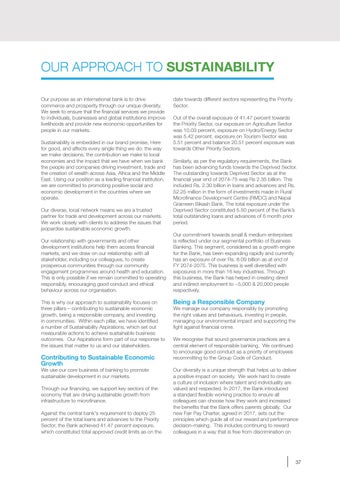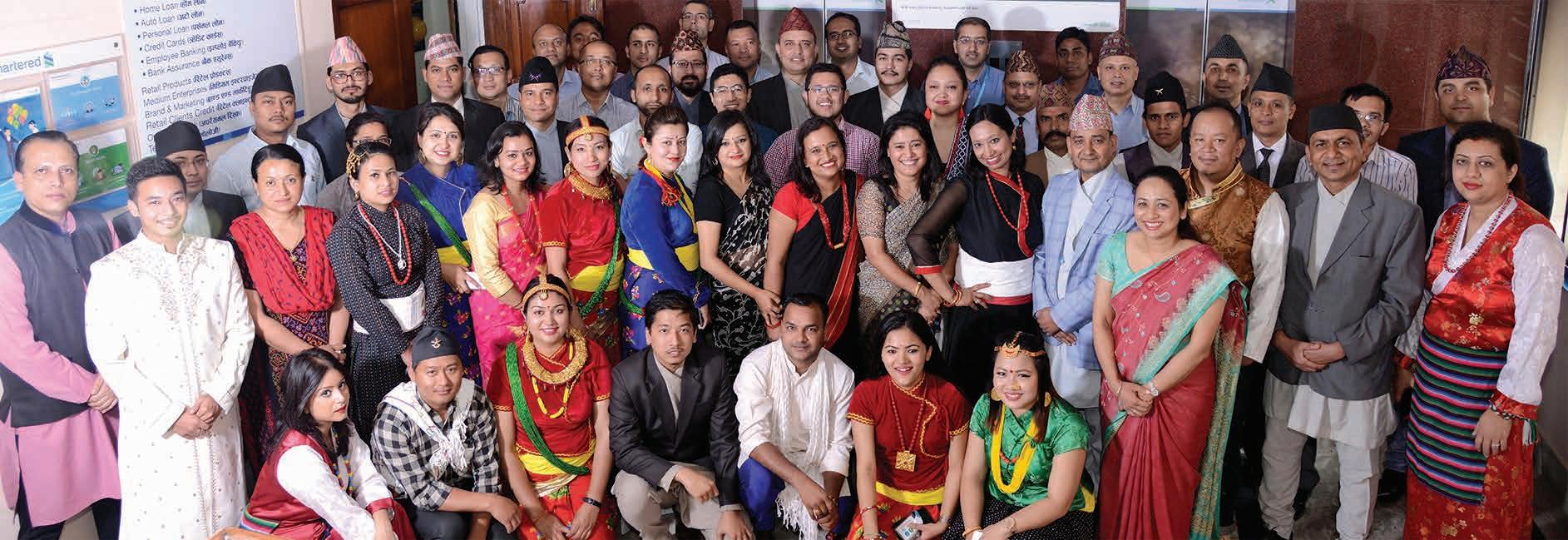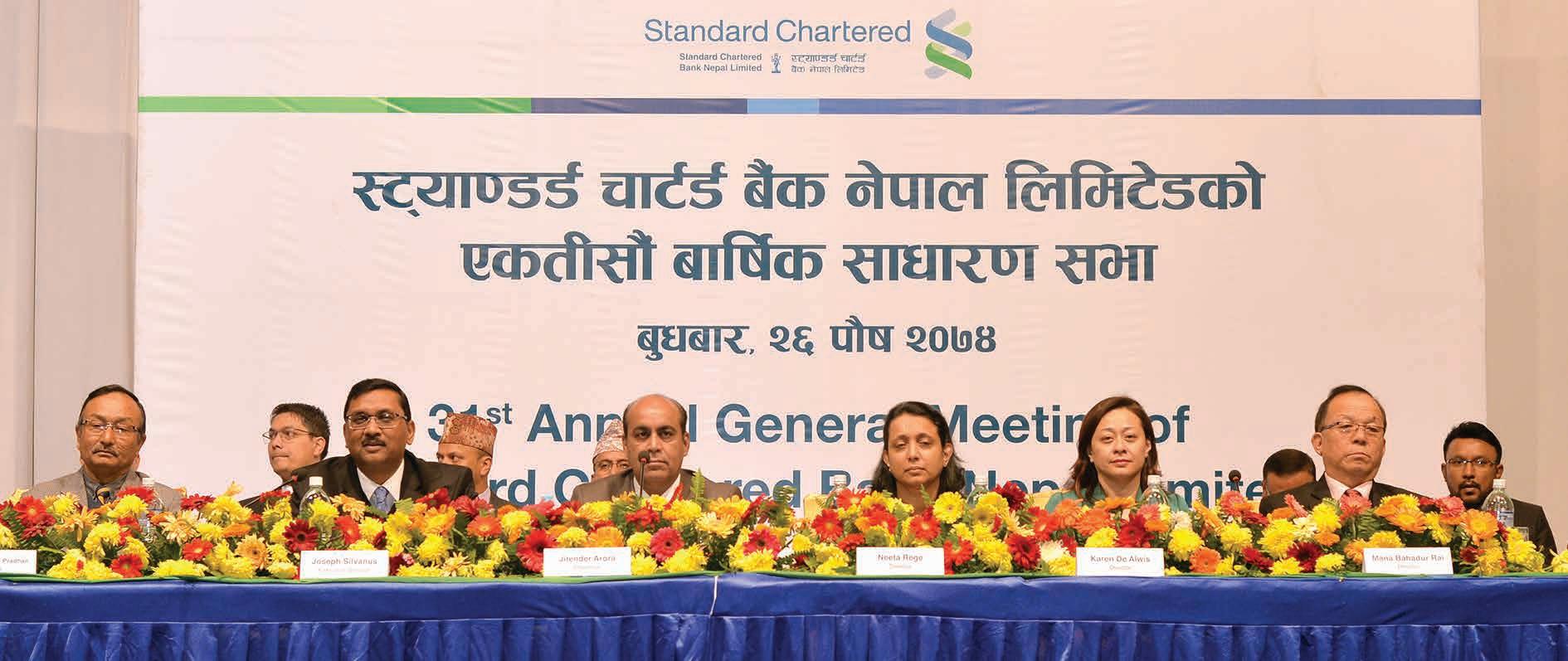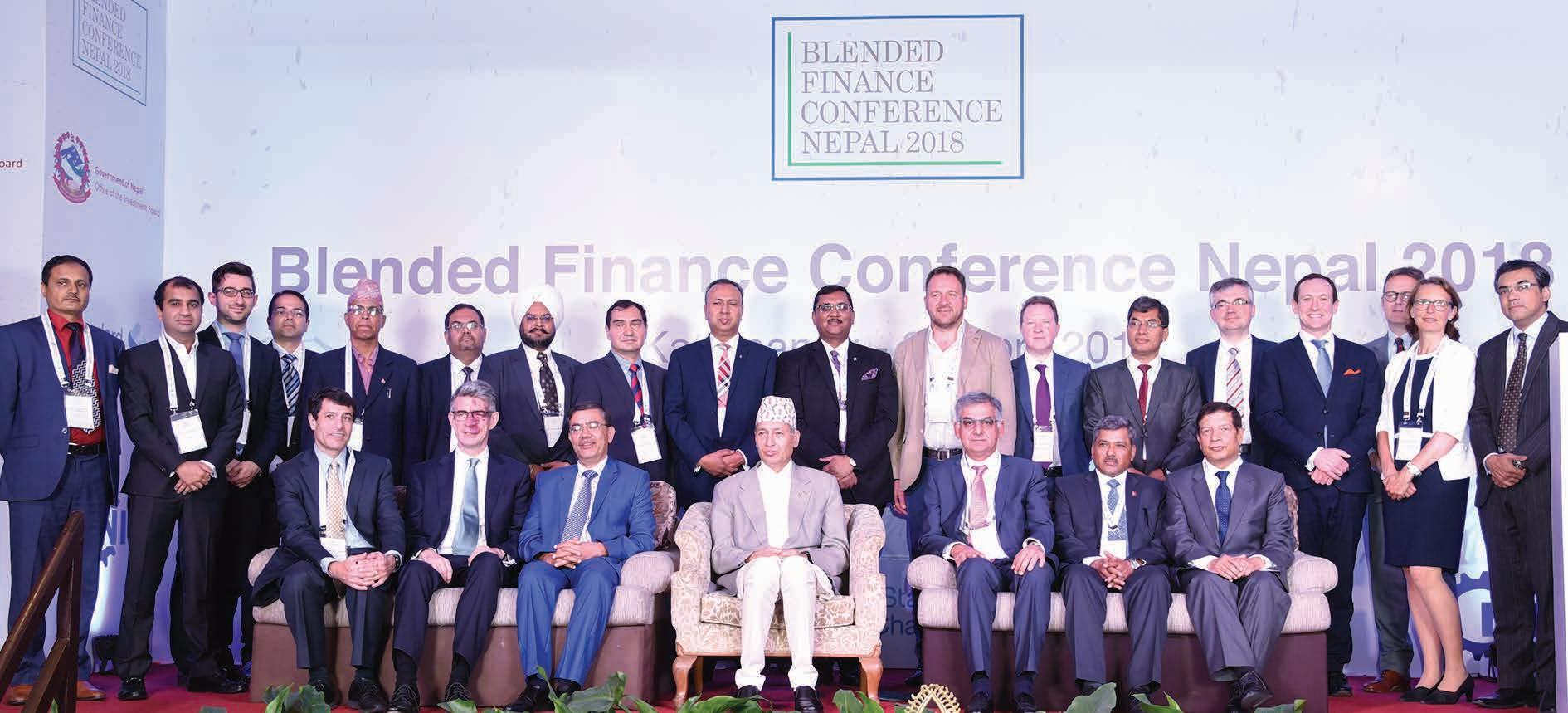OUR APPROACH TO SUSTAINABILITY Our purpose as an international bank is to drive commerce and prosperity through our unique diversity. We seek to ensure that the financial services we provide to individuals, businesses and global institutions improve livelihoods and provide new economic opportunities for people in our markets. Sustainability is embedded in our brand promise, Here for good, and affects every single thing we do: the way we make decisions, the contribution we make to local economies and the impact that we have when we bank the people and companies driving investment, trade and the creation of wealth across Asia, Africa and the Middle East. Using our position as a leading financial institution, we are committed to promoting positive social and economic development in the countries where we operate. Our diverse, local network means we are a trusted partner for trade and development across our markets. We work closely with clients to address the issues that jeopardise sustainable economic growth. Our relationship with governments and other development institutions help them access financial markets, and we draw on our relationship with all stakeholder, including our colleagues, to create prosperous communities through our community engagement programmes around health and education. This is only possible if we remain committed to operating responsibly, encouraging good conduct and ethical behaviour across our organisation. This is why our approach to sustainability focuses on three pillars – contributing to sustainable economic growth, being a responsible company, and investing in communities. Within each pillar, we have identified a number of Sustainability Aspirations, which set out measurable actions to achieve sustainable business outcomes. Our Aspirations form part of our response to the issues that matter to us and our stakeholders.
Contributing to Sustainable Economic Growth We use our core business of banking to promote sustainable development in our markets.
Through our financing, we support key sectors of the economy that are driving sustainable growth from infrastructure to microfinance. Against the central bank's requirement to deploy 25 percent of the total loans and advances to the Priority Sector, the Bank achieved 41.47 percent exposure, which constituted total approved credit limits as on the
date towards different sectors representing the Priority Sector. Out of the overall exposure of 41.47 percent towards the Priority Sector, our exposure on Agriculture Sector was 10.03 percent, exposure on Hydro/Energy Sector was 5.42 percent, exposure on Tourism Sector was 5.51 percent and balance 20.51 percent exposure was towards Other Priority Sectors. Similarly, as per the regulatory requirements, the Bank has been advancing funds towards the Deprived Sector. The outstanding towards Deprived Sector as at the financial year end of 2074-75 was Rs 2.35 billion. This included Rs. 2.30 billion in loans and advances and Rs. 52.25 million in the form of investments made in Rural Microfinance Development Centre (RMDC) and Nepal Grameen Bikash Bank. The total exposure under the Deprived Sector constituted 5.50 percent of the Bank’s total outstanding loans and advances of 6 month prior period. Our commitment towards small & medium enterprises is reflected under our segmental portfolio of Business Banking. This segment, considered as a growth engine for the Bank, has been expanding rapidly and currently has an exposure of over Rs. 8.09 billion as at end of FY 2074-2075. This business is well diversified with exposures in more than 16 key industries. Through this business, the Bank has helped in creating direct and indirect employment to ~5,000 & 20,000 people respectively.
Being a Responsible Company
We manage our company responsibly by promoting the right values and behaviours, investing in people, managing our environmental impact and supporting the fight against financial crime. We recognise that sound governance practices are a central element of responsible banking. We continued to encourage good conduct as a priority of employees recommitting to the Group Code of Conduct. Our diversity is a unique strength that helps us to deliver a positive impact on society. We work hard to create a culture of inclusion where talent and individuality are valued and respected. In 2017, the Bank introduced a standard flexible working practice to ensure all colleagues can choose how they work and increased the benefits that the Bank offers parents globally. Our new Fair Pay Charter, agreed in 2017, sets out the principles which guide all of our reward and performance decision-making. This includes continuing to reward colleagues in a way that is free from discrimination on
37







